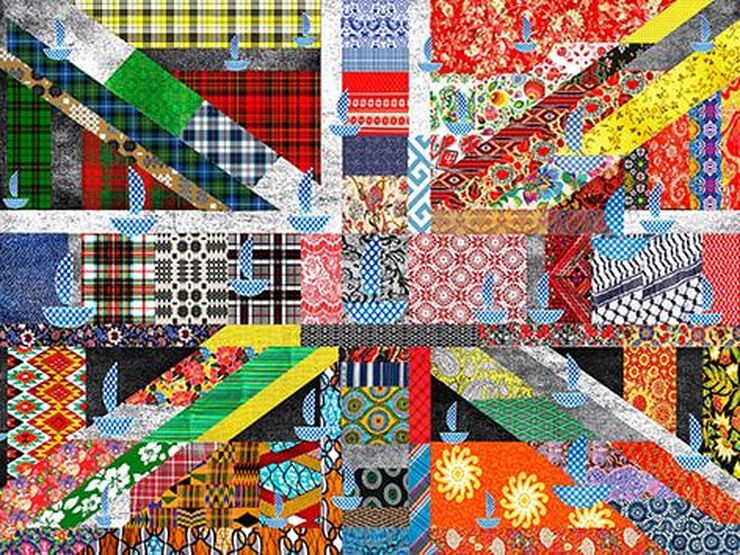|
|
|
The illusion of Britain as a post-racial society, or at least a multi-cultural society at ease with racial mixing and mixedness that the royal wedding of Prince Harry and Meghan Markle conjured up, has been wiped aside by the couple’s revelation of the racism they had faced within the royal family, including questioning about the potential skin colour of their first born. Britain may have around one in ten of couples in a mixed relationship, but clearly this does not signal antiracist progress. Meghan will have dealt with overt and covert racism all her life, but it must have been a steep learning curve for Harry. What will this mean for how he seeks to bring up his son and soon-to-be born daughter?
In my Identities article, ‘Partnered fathers bringing up their mixed-/multi-race children: an exploratory comparison of racial projects in Britain and New Zealand’, I took an in-depth look at how fathers of mixed-race children sought to equip them to deal with racism, and give their children a sense of identity and belonging. Drawing on racial formation theory, I explored the individual racial projects that they pursued for their children, interacting with historical, social and political nation state racial projects.
I identified three main racial projects that fathers could pursue. Firstly, in a ‘mixed collective’ approach, fathers drew on ideas about their children’s origins as a rooted and factual part of their identity, positioning the children as evidently mixed and encouraging them to engage with the various aspects of their affiliations. Secondly, a ‘single collective’ approach meant that fathers felt a responsibility to pass on a sense of belonging that stressed one particular aspect of their children’s backgrounds as significant, to the downplaying or even exclusion of others. In the third, fathers seeking to encourage a sense of belonging for their children that transcended racial boundaries. This could revolve either around individual choice with open ideas of a cosmopolitan sense of identity or a sense of national collective belonging beyond race.
Whatever approach fathers drew on to inform their racial projects with their mixed children, they came up against others’ ideas about who their children were. Some fathers felt that their children’s skin colour and appearance meant that they were unlikely to face racism and could see any discrimination they came across through another lens. Others had a range of strategies that did address racism and prejudice, including trying to keep their children out of situations where they might experience racism, explaining that racism was the perpetrators’ problem, giving their children a sense of pride in who they were, and directly challenging racism on their children’s behalf. The fathers’ racial projects for their children and strategies for dealing with racism were keyed into histories of colonisation and colonialism, and their contemporary social and political milieu. Britain is an ambivalently multi-cultural society, not much at ease with acknowledging racism as reactions to the Harry and Meghan revelations have demonstrated. It is not accidental that the couple have moved to the USA – a nation state whose institutionalised racial project involves an overt engagement with racial dynamics, perhaps in part with the intention of bringing up their children with a sense of identity and belonging outside of the royal family and the discomfort of British institutions with mixing and mixedness.
Blog post by Rosalind Edwards, University of Southampton, UK
Read the full article: Edwards, Rosalind. Partnered fathers bringing up their mixed-/multi-race children: an exploratory comparison of racial projects in Britain and New Zealand. Identities: Global Studies in Culture and Power. DOI: 10.1080/1070289X.2015.1091320
The stigma of being Black in Britain
'In the name of the children': mixed couples' parenting analysed through their naming practices Desiring the standard light skin: black multiracial boys, masculinity and exotification
0 Comments
Your comment will be posted after it is approved.
Leave a Reply. |
|
Explore Identities at tandfonline.com/GIDE |
|
The views and opinions expressed on The Identities Blog are solely those of the original blog post authors, and not of the journal, Taylor & Francis Group or the University of Glasgow.


